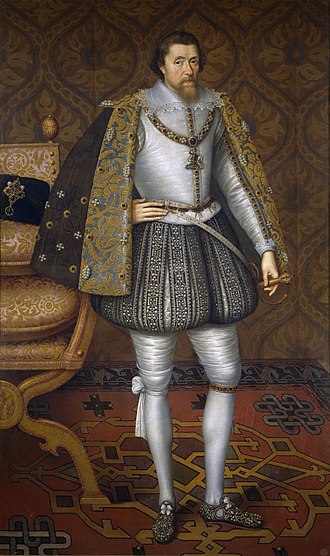The Historiographical Typology of the English Royalism in the First Half of the Seventeenth Century
DOI:
https://doi.org/10.15170/SPMNNV.2019.10.12Kulcsszavak:
Royalism, English political theory, constitutionalism, political discourse, absolutismAbsztrakt
The topic of the present paper provides an insight into the royalist movement of the seventeenth century England, pre-eminently focusing on the Civil War era. Royalist, or constitutional royalist is a term to describe a moderate political group of the 1640s, concentrating around King Charles I, as his advisors. Recent results identified and categorized some of the main political thinkers of this faction. However, this categorization still has its own limits and is in the need of further clarification. The study is meant to highlight the defining elements of the royalist political discourse, including the notions of the rule of law, the ancient constitution and absolutism. The present paper also aims to investigate how the pre-existing political theories and doctrines from the Medieval and Tudor-era influenced the narrative of those, who remained to be loyal to the king, amidst the turbulence of the Civil War.


